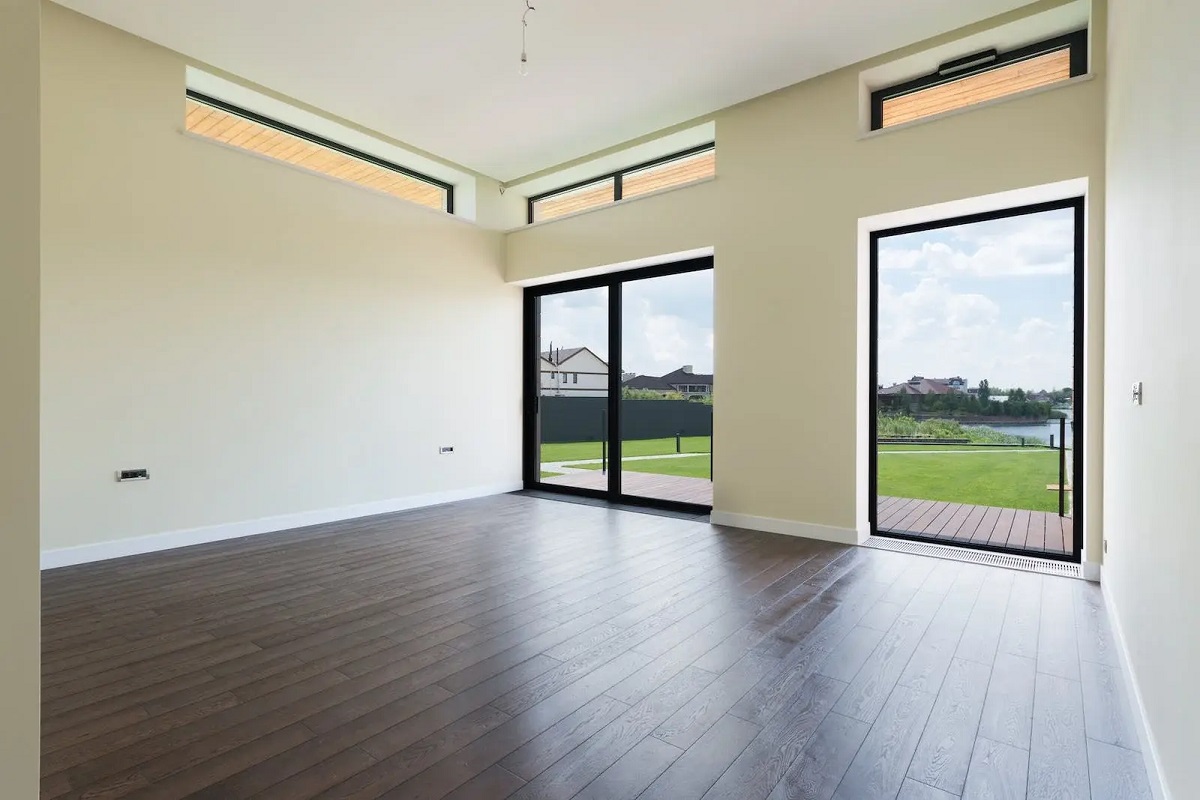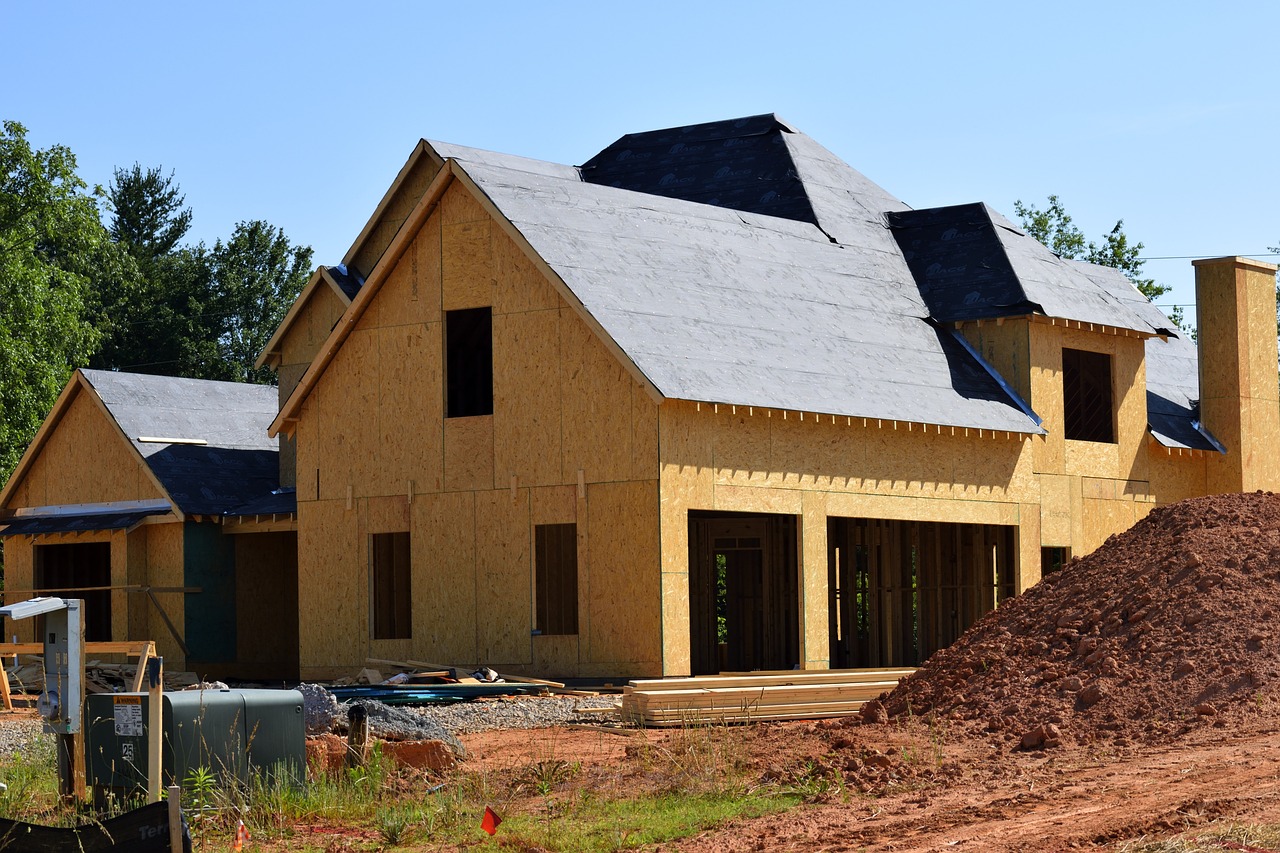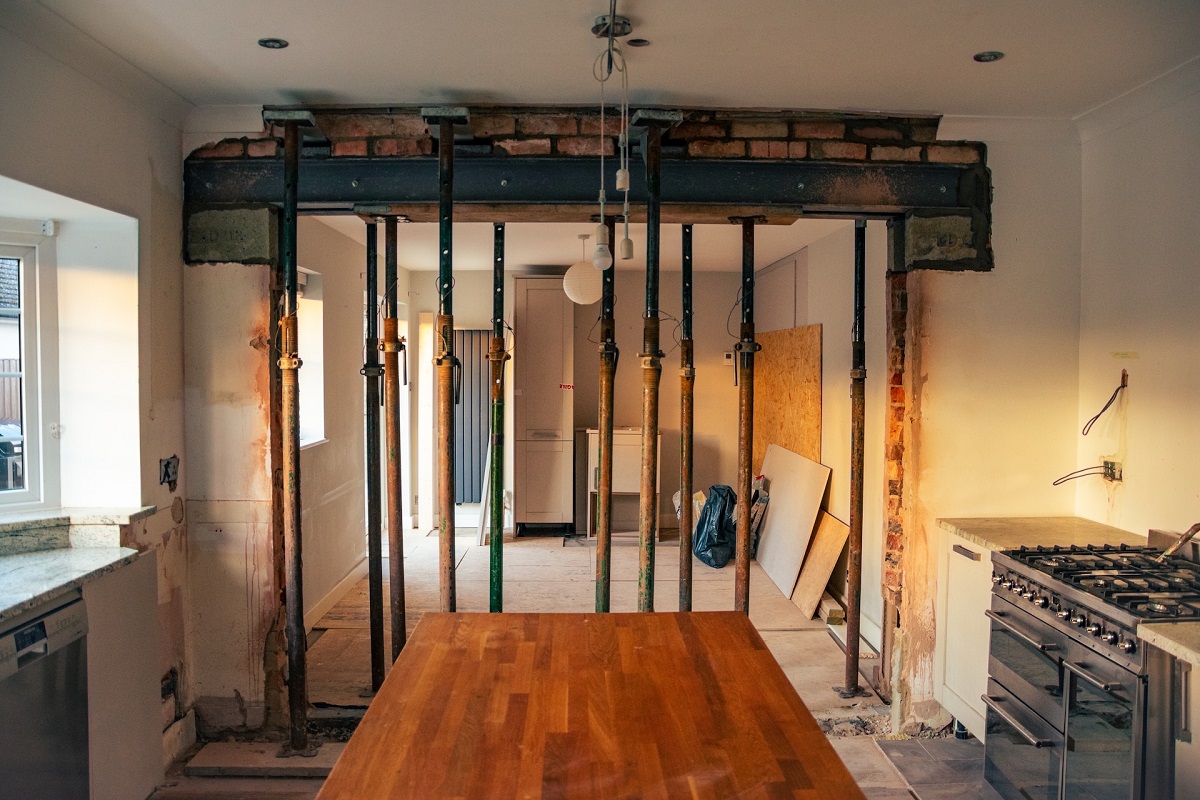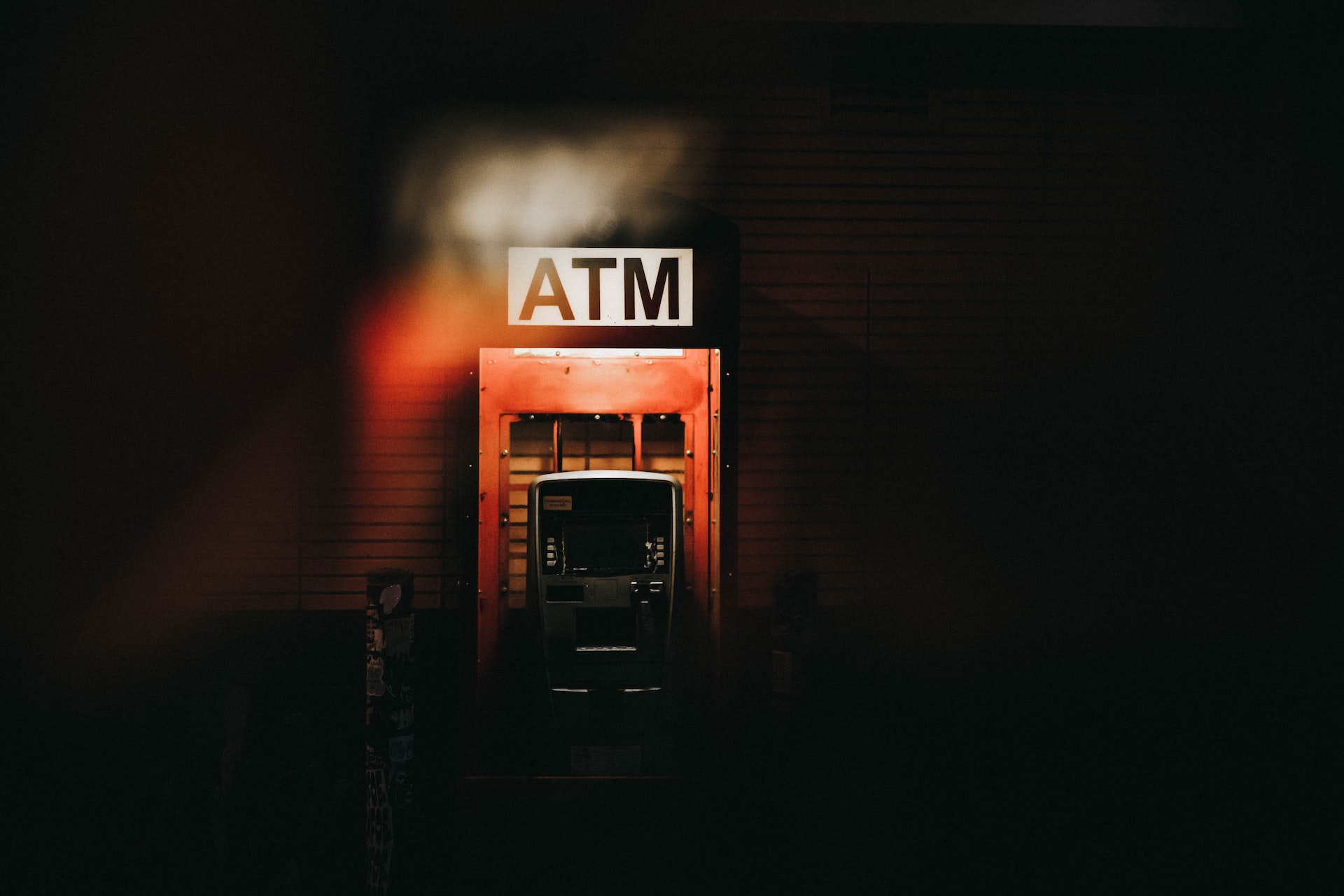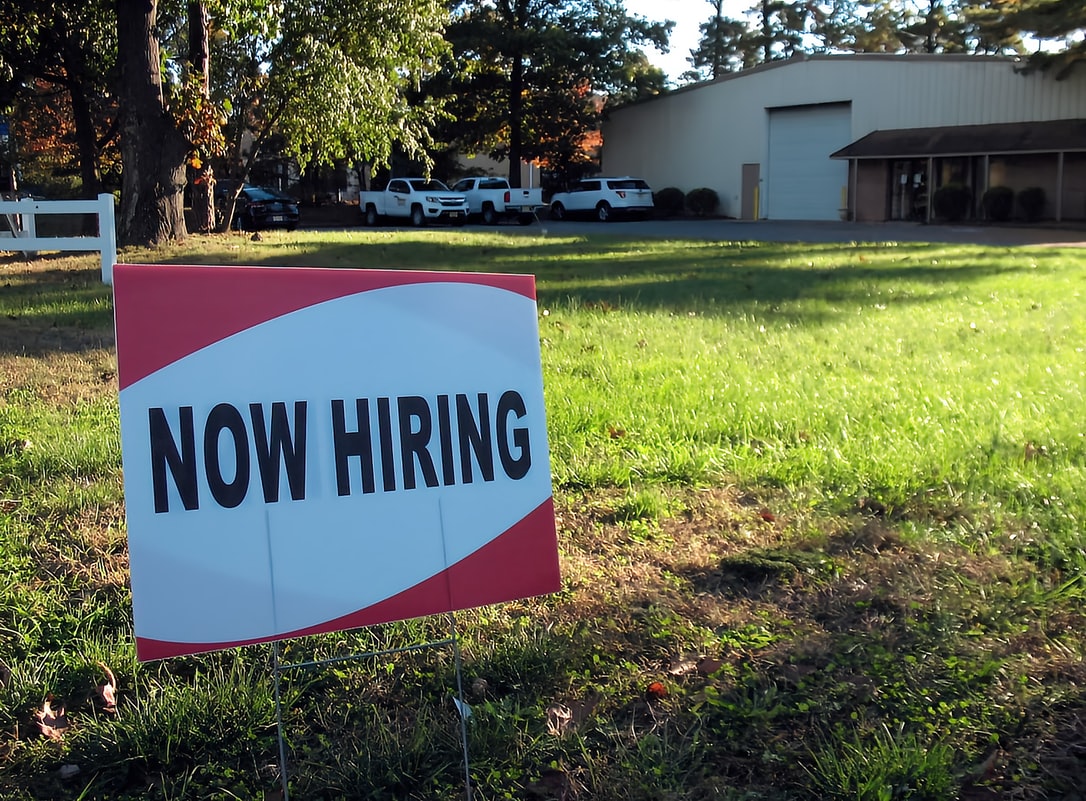
Self-avowed long-term renters, millennials became big time homeowners during the pandemic
___
Published Date 4/17/2023
The American Dream became possible for many a millennial over the last decade according to The HilI’s, Adam Barnes, who describes them as a homeowner-majority generation.
This milestone was achieved amid a global pandemic and an unsteady housing market when the country’s largest generation added millions to the homeowner ranks. Their numbers reached 18.2 million owners last year, according to recent data from the listing website RentCafe.
Composed of Americans born between 1981 and 1996, millennials reached this hallmark later than both their parents and grandparents when their average age was 34. Comparatively speaking, Generation X and baby boomers achieved this feat at ages 32 and 33 respectively.
“There was a long-standing belief that millennials never wanted to own and were perfectly content renting. That belief has proven to be false. The reality was — millennials were simply delaying big life moments compared to prior generations,” Zonda chief economist Ali Wolf told The Hill.
“This is because of a combination of reasons, including more women entering the labor force and having children later, delayed marriage, and student loan debt,” Wolf added.
Those who waited, however, now find themselves facing a nagging lack of housing stock, stubbornly high home prices, volatile mortgage rates, and growing inflation. To boot, these younger buyers are also competing against some older buyers who’ve amassed substantial equity through previous home purchases, all while the average cost of a first mortgage is soaring, according to Barnes.
“Although mortgage rates are falling from their peak at more than 7 percent, they remain drastically higher than they were during the pandemic housing boom when rates hit record lows,” he says, adding that the average loan balance for first mortgages went to $323,780 in 2022 from $298,324 a year earlier, according to the Mortgage Bankers Association.
Data from the National Association of Realtors revealed that baby boomers (born between 1946 and 1964), made up the biggest share of homebuyers last year (with many using the equity in their existing homes to purchase their next homes) while the millennial share declined from the previous year. “Especially for baby boomers, if they’re downsizing, they may be able to take the equity out of their home and take the next home in cash — and then the interest rate doesn’t matter,” Redfin’s Daryl Fairweather told The Hill.
“At the same time, first-time homebuyers were instead left trying to amass a larger amount of funds in an economic environment where prices were rising rapidly on everything from rents to groceries,” Realtor.com's Danielle Hale told Barnes.
“Persistent lack of housing is also hindering millennials’ ability to find their first home. This is due partly to years of under-building following the 2008 financial crisis and housing crash, the end of which coincided with millennials forming their own households,” Barnes reports.
Millennials did have some help in the form of interrupted student loan payments during the pandemic. Approximately 15 million millennials hold student debt, the largest number among all generations, according to figures from the Education Data Initiative. On average, they owe more than $33,000 per borrower.
Barnes reminds us that the Biden administration has said payments will resume after the Supreme Court rules on a lawsuit brought against his administration’s forgiveness program or 60 days after June 30. Wolf adds, “Millennial student debt holders could theoretically afford homes and take on monthly mortgage payments. But the upfront costs of home-buying, including down payments and closing costs, create another set of issues."
“With a student loan pause, I think some [younger buyers] were optimistic that that wouldn’t be something hanging over their heads anymore, and that that would give them the opportunity to afford a mortgage,” Fairweather said.
“But even if student loan debt was forgiven, what would happen is that more people would be able to buy a home and that would drive up home prices because it’d be more demand for homes,” she added. “Prices really always come back to the lack of supply.”
The Hill, TBWS
All information furnished has been forwarded to you and is provided by thetbwsgroup only for informational purposes. Forecasting shall be considered as events which may be expected but not guaranteed. Neither the forwarding party and/or company nor thetbwsgroup assume any responsibility to any person who relies on information or forecasting contained in this report and disclaims all liability in respect to decisions or actions, or lack thereof based on any or all of the contents of this report.


Jonathan Caguioa
Mortgage Advisor
NMLS: 250609 / DRE 01137630
Allianze Mortgage Services
15820 Whittier Blvd. Suite G, Whittier CA 90603
Company NMLS: 346138 / DRE 01403147
Office: 949-241-2527
Cell: 949-241-2527
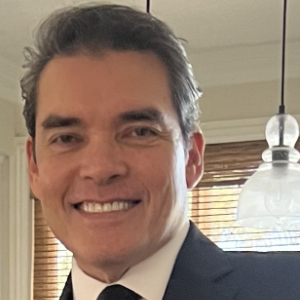
Jonathan Caguioa
___
Mortgage Advisor
NMLS: 250609 / DRE 01137630
Cell: 949-241-2527
Last articles
___

Three things that could impact rates this week
4/29/2024
These are the three areas that have the greatest ability to impact rates this we... view more

Three things that could impact rates this week
4/22/2024
These are the three areas that have the greatest ability to impact rates this we... view more

Three things that could impact rates this week
11/27/2023
These are the three areas that have the greatest ability to impact rates this we... view more

Three things that could impact rates this week
11/20/2023
These are the three areas that have the greatest ability to impact rates this we... view more

Market volatility rises ahead of Veteran’s Day
11/10/2023
Slightly better this morning after the strong selling yesterday pushed MBS price... view more

Three things that could impact rates this week
10/30/2023
These are the three things that have the greatest ability to impact rates this w... view more

Volatility spikes on Initial Weekly Jobless Claims
9/7/2023
Initial Weekly Jobless Claims dropped to 216K versus estimates of 234K. The more... view more

July Personal Consumption Expenditures in line with expectations
8/31/2023
The August Challenger Job Cuts showed that announced corporate cuts increased to... view more
Load more
 Allianze Mortgage Services
Allianze Mortgage Services






